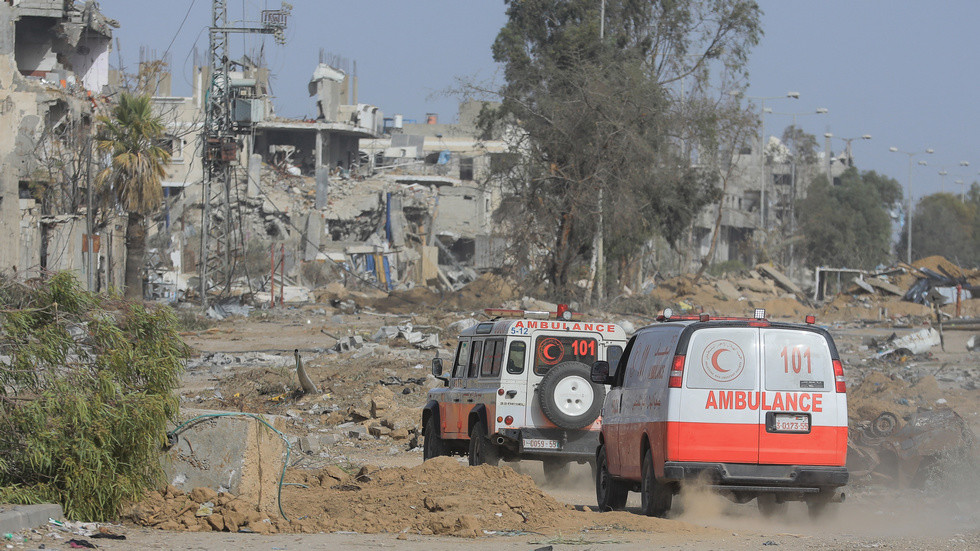On Sunday, a series of devastating airstrikes by Israel in Gaza led to the tragic deaths of at least 24 Palestinians, primarily targeting facilities claimed by local authorities to be sheltering displaced individuals. These strikes specifically hit the Al-Aqsa Martyrs Mosque and the Ibn Rushd school, both of which were purportedly housing hundreds of people seeking refuge from the ongoing conflict. The situation has intensified tensions, as Gaza’s Government Media Office condemned the attacks as “two brutal massacres” against civilians, emphasizing that these facilities were not military targets but rather havens for those displaced by the violence.
In defense of the airstrikes, the Israel Defense Forces (IDF) asserted that their military operations were aimed at Hamas operatives utilizing these locations for tactical purposes. The IDF claimed that the Al-Aqsa Mosque was being used as a command-and-control center for planning attacks against Israeli forces. Local authorities expressed outrage at this justification, arguing that the targeting of such communal spaces is emblematic of the widespread and indiscriminate assaults facing the Palestinian population. Despite the IDF’s insistence on having taken precautions to avoid civilian casualties, the scale of the tragedy has drawn international scrutiny and condemnation of Israel’s military strategy.
The conflict has escalated dramatically since Hamas launched a surprise attack against Israel the previous October, leading to a significant military response from the Israeli government. This ongoing Israel-Hamas war has resulted in staggering casualties, with reports indicating that more than 41,000 Palestinians and 1,100 Israelis have lost their lives in the confrontation. The humanitarian impact of the conflict has been profound, especially in Gaza, where the infrastructure has suffered unprecedented destruction, exacerbating the plight of civilians caught in the crossfire.
Humanitarian organizations have expressed grave concerns over the dire conditions in Gaza amid the conflict, highlighting the urgent need for aid and protection for the civilian population. The continued bombing campaigns have overwhelmed healthcare facilities and created a dire shortage of essential supplies, including food, water, and medical support. The tragedy of the recent strikes on the mosque and school illustrates the broader humanitarian crisis facing Gazans, as safe spaces for shelter are increasingly turned into targets in the fighting.
International response to the conflict has been polarized, with calls for accountability and justice amid allegations of war crimes and violations of international law. Various nations and organizations have criticized Israel’s approach, framing its military tactics as disproportionate and harmful to noncombatants. However, supporters of Israel argue that the strikes are necessary for national security and the protection of its citizens from Hamas’s ongoing threat. This division complicates efforts toward diplomatic resolutions, as the cycle of violence continues to escalate without an apparent avenue for peace.
Overall, the situation in Gaza remains critical, marked by escalating violence and humanitarian crises. The tragic impact of recent Israeli strikes highlights not only the immediate loss of life but also the broader implications for displaced populations seeking safety. As the conflict drags on, the pressing need for dialogue, humanitarian aid, and sustainable solutions becomes more urgent, underscoring the importance of addressing the underlying issues fueling the violence to prevent further tragedies in the region.

